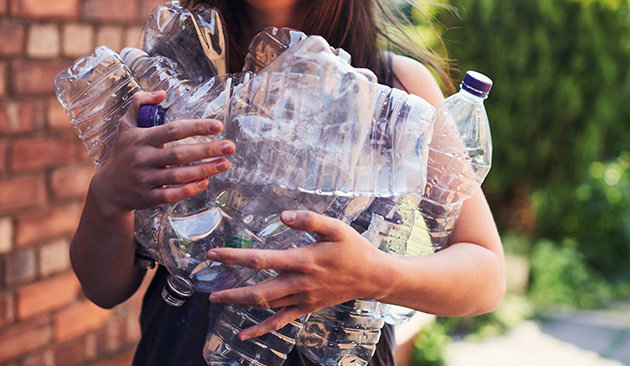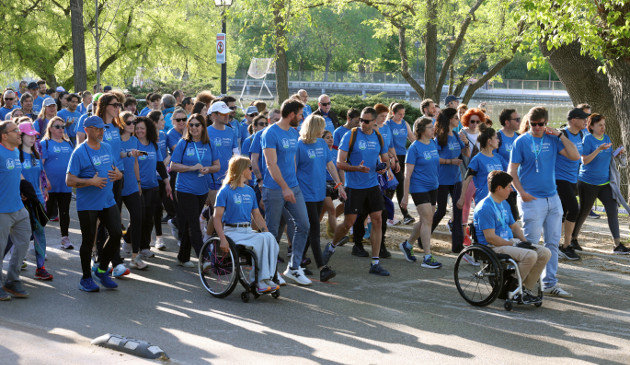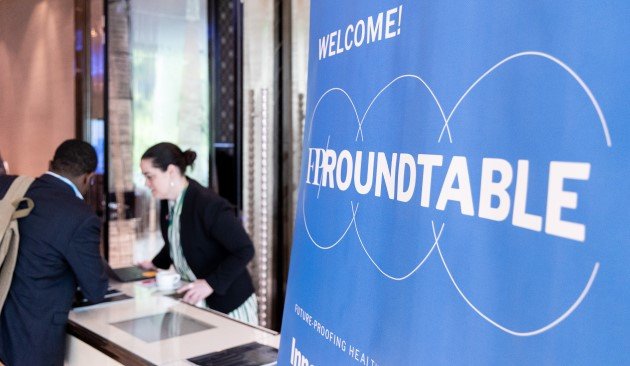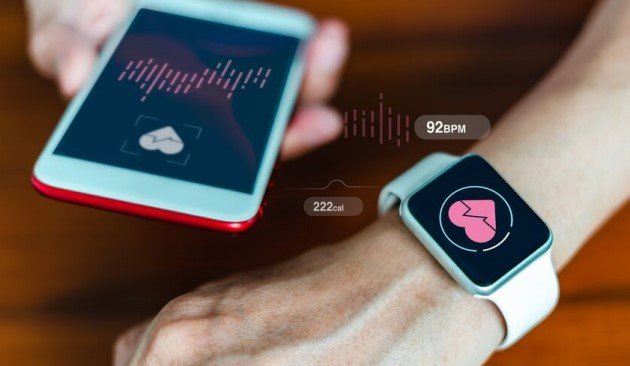Plastic pollution is a huge global environmental problem.

According to the United Nations Environment Programme, approximately 400 million tonnes of plastics are produced each year with the polymers found in plastic lasting hundreds of years. Roughly eight million tonnes of plastic end up in the oceans killing millions of animals each year and nearly two billion of us live less than 50km from the sea. The response to the pandemic has also resulted in tens of thousands of tonnes of extra medical waste putting tremendous strain on health care waste management systems around the world.
And if that wasn’t enough, there is growing evidence of the harmful impact of plastic on human health.
Thankfully, there is some good news. In March this year a UN resolution was signed to end plastic pollution. World leaders have until the end of 2024 to negotiate and agree a treaty that will tackle this global crisis. One of the positives coming from the treaty is that it deals with the entire plastics lifecycle - trying to prevent it in the first place instead of simply trying to clean it up.
Plastic problem needs bold solution
Of course, there are challenges ahead. Even the most ambitious models get plastic pollution down by 80%. Further innovation and bold policy making will be needed to get to zero.
This global agreement is important because for the first time, we have a shared agenda to tackle plastic pollution.
The healthcare sector is not immune, it is also under pressure to reduce its carbon footprint and minimize waste. Significant change is needed to ensure the sector safely and sustainably reduces and manages healthcare waste.
At Bupa, we’ve been looking after people’s health for the last 75 years. Today this means we must take care of our environment too, because healthy people need a healthy planet to thrive.
Protecting the health of people and planet
As a business, we’re aiming to identify circular solutions for non-hazardous waste across all our markets by 2025. And while there’s lots of work to be done to achieve this, we’ve taken some positive steps forward in our ambition to create a circular economy and reduce our impact on the environment.
- Sanitas, our Spanish business, is trialling circular solutions and working with the winner of our eco-disruptive programme, Circoolar to pilot their uniforms made from recycled materials in 10 dental clinics in Spain starting from September this year.
- 100% of waste in the UK is diverted from landfill and 100% of food waste from care homes and Cromwell Hospital is recycled into energy.
- Dental practices in Australia and New Zealand are partnering with Terracycle to recycle oral health products.
- We’ve removed all disposable cups and single-use plastic water bottles in our London headquarters, with more solutions in the pipeline.
Now is the time for action
I couldn’t have put it better than Sonia Roschnik the Executive Director at The Geneva Centre of Healthcare Leadership for Sustainability, who said, “Coronavirus could well become a catalyst, because people may realise that by degrading our environment, we could find that we are getting more and more of these types of diseases. Do we as a people want to live this way? Or do we say: if we want to be healthy, our planet needs to be healthy – and it’s incumbent on all of us to do something about it.”
And we can all make a difference. Think of your own plastic usage - do you need that single use plastic bottle? Can you use a reusable instead? And if you must use it, make sure it is recycled so the plastic can be used again.
There’s lots we can do – everything counts from here on in.



